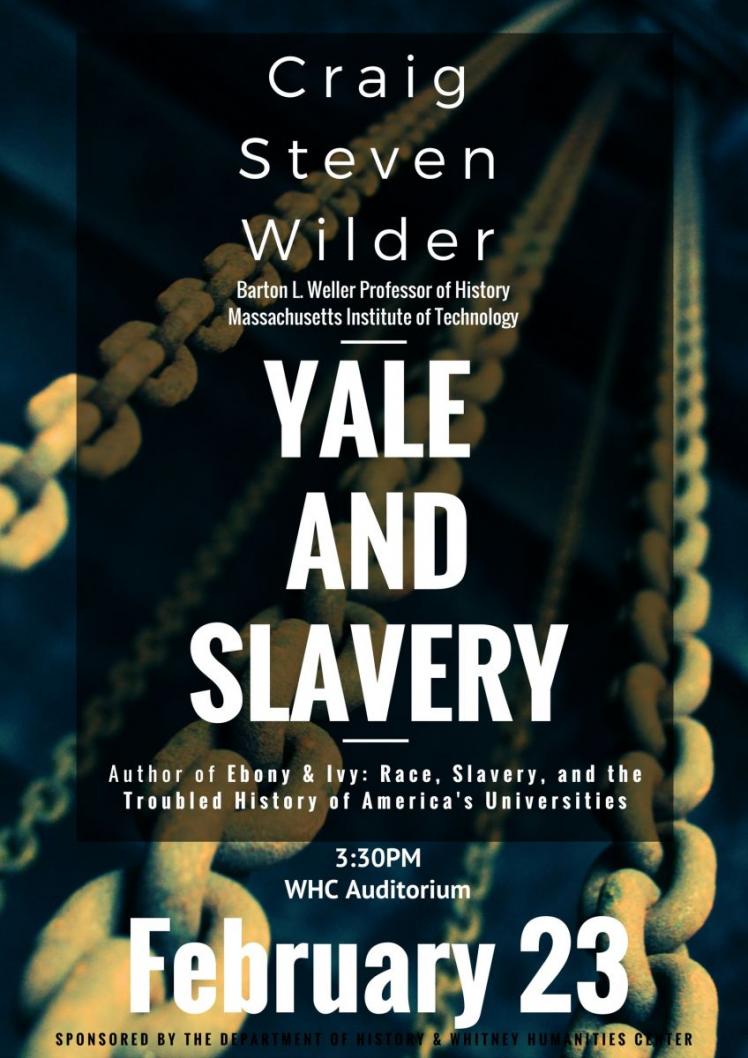February 2017
Workshop: Kanda Naknoi, University of Connecticut
“Tarriffs and the Expansion of the American Pig Iron Industry: 1870-1940”
http://economics.yale.edu/eventsseminars/economic-history-workshop
Workshop: Neil Cummins, The London School of Economics
“Lifespans of the European Elite, 800-1800”
http://economics.yale.edu/eventsseminars/economic-history-workshop
‘The Art of Life in South Africa’: Q&A with Yale historian Daniel Magaziner
From 1952 to 1981, South Africa’s apartheid government operated a training school for art teachers in the Bantu Education system — the school system for black South Africans.
Although primarily intended as a place to train teachers, the school, known as Ndaleni, offered black South Africans the largely unheard-of opportunity to learn art history and to train as artists. This opportunity came at a price: Upon completing the course, the students were to teach in a Bantu school for at least a year, entangling them with the apartheid state.
Diversity and Yale History
The Atlantic: "Frederick Douglass, Refugee" by David Blight
“Frederick Douglass, author, orator, editor, and most important African American leader of the 19th century, was a dangerous illegal immigrant. Well, in 1838 he escaped a thoroughly legal system of enslavement to the tenuous condition of fugitive resident of a northern state that had outlawed slavery, but could only protect his “freedom” outside of the law.”
Carlos Eire’s new book wins American Publishers Association prizes
Carlos Eire’s new book, Reformations: Early Modern Europe, 1450-1660 (Yale University Press, 2016) won two important prizes from the American Publishers Association. It won the R. R.
Steve Pincus on "Ben Franklin's World" podcast
Steve Pincus, the Bradford Durfee Professor of History and author of The Heart of the Declaration: The Founders’ Case for an Activist Government, joined the Ben Franklin’s World podcast for an investigation of the Declaration o
